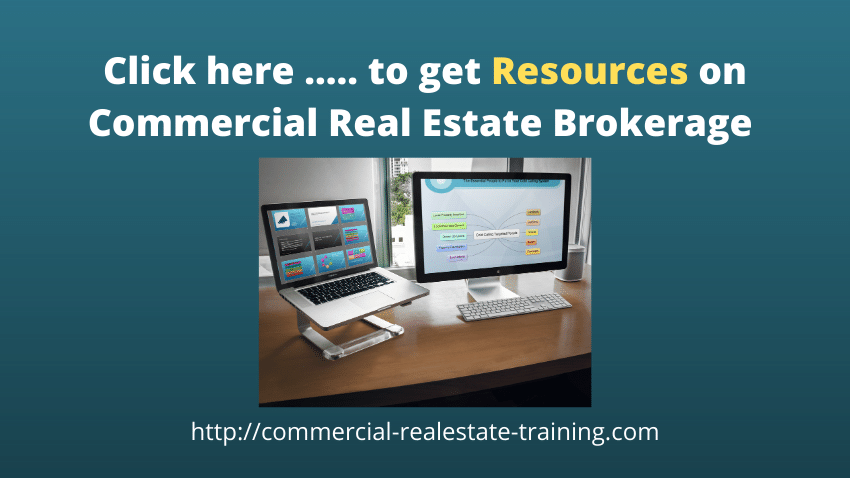4 Tips to Quickly and Effectively Close a Sale or Listing
Every day in commercial real estate, we are working with many situations, property types and people. Conversations and connections will be frequent across sales, leasing, and property management as will the challenges. Somewhere in that interaction will be the elements of property transaction, inspection, negotiation, discussion, and opportunity.
The big question for us to watch for and work with as agents will be in knowing just when to close on the next stage of the conversation or property event. How do you move things ahead?
How do you know when it is the right time to close on a sale situation? Do you think you are good at seeing the bigger picture of what people are thinking and working towards? In most cases, we can always improve our skills around that.

What is the Golden Rule to Closing?
So, what is the ‘golden rule’ of closing a property sale? In simple terms, you should look for and use the indicators presented to you in connection with the ‘third party’ as the buyer. In doing that, watch, listen, and interpret the facts and information given to you.
Body language, the tone of voice, and the elements of conversation are the leverage points to take you further into a property sale ‘close’. Look at the ‘whole’ picture presented by the other person. When in any doubt, ask more questions and open the conversation.
In doing all of this, do not forget your client and their targets. What are the elements of the transaction that they must have satisfied to move ahead? The listing process and subsequent conditioning conversations that you would have had with the other party will have helped you in identifying and resolving some of that information.

What Are the Signs of Closing to Watch For?
So how do you know when to move on the closing of a sale? Try some of these for starters:
- Question types – When a person is interested in a commercial or retail property to the point of getting ready to make an offer, they usually lift their level of questioning. They want to have more complex information provided to them.
- Property inspections – Repeat inspections are a sign that things are getting serious. During the inspections, you can ask more questions and seek to understand their priorities in making a property choice or decision. An excellent way to ‘open up’ that process is to provide some stories and history of the property. You can also include some photographs of the property zones, both internal and external. You can load some pictures to a ‘cloud-based’ album that can be shared with qualified and interested people.
- A request for more information – This is a common sign that the person is thinking about the property at a deeper level. As you provide that information, consider the ‘character’ of that person and the priorities that they are placing on the information provided. Are they looking at the numbers, the future of the property, and or the details of occupancy today? The depth and direction of conversations will help you see how the other person will be analyzing the information and how that process will influence their decision momentum.
- Third-party intervention or involvement – In commercial property, it is common for legal and or financial people to be involved by the buyer in the financial investigations and the decision of a sale. In providing that information, ensure that all information provided is accurate; however, ask questions and go more in-depth on the priorities placed on a final decision. You will soon understand what information will create an ideal close situation.
Closing on a commercial real estate sale is a timed process that is built around what you can see, hear, say, and provide. It is a skill to be refined as you do more deals and work with more listings.
Everyone you connect with in commercial property sales or leasing has individual priorities and targets, so get closer to what people think and what they require. The transactions will take shape from that point.







